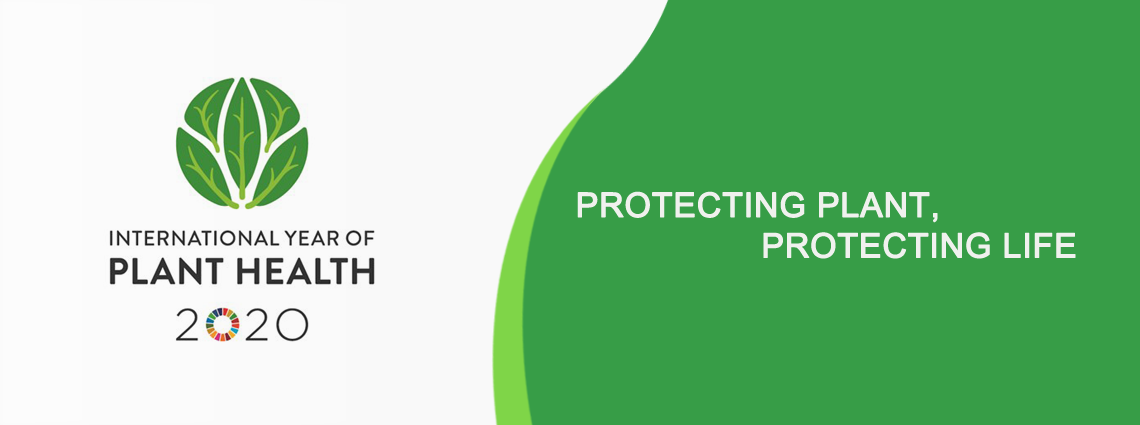Plant Protection in the United States
The U.S. Department of Agriculture's Animal and Plant Health Inspection Service (APHIS) protects the health and value of American agriculture and natural resources. APHIS' Plant Protection and Quarantine (PPQ) program support this mission by:
-
Safeguarding U.S. agriculture and natural resources against the entry, establishment, and spread of economically and environmentally significant pests
-
Facilitating the safe trade of agricultural products
-
Preventing invasive plant pests from entering the United States and becoming established
-
Fighting back against any pests that do get in
This work spans a wide spectrum of activities. They include offshore programs, permitting, port and border inspection, pest identification and mitigation, and smuggling interdiction and trade compliance, as well as pest detection, response, management, and eradication programs. We collaborate with numerous cooperators, including other U.S. government agencies, state departments of agriculture, local government officials, Tribes, academia, non-governmental organizations, and U.S. industries.
As the United States' national plant protection organization, PPQ actively participates in the North American Plant Protection Organization and the International Plant Protection Convention. Our goal is to create a safe, fair, and predictable global trade system. PPQ achieves this in three ways:
- Promoting the use of science-based international and regional trade standards to eliminate unfair or unjustified trade barriers
- Expanding and maintaining current export markets and opening new ones by resolving plant health barriers to trade
- Certifying the health of U.S. exports to make sure that we-the United States-are presenting clean products that meet the importing countries' requirements
PPQ's work promotes a healthy, abundant food supply in the United States and around the world. It also helps to sustain a vibrant, biologically diverse natural environment. And it supports U.S. economic growth by helping our growers and producers deliver high-quality food and agricultural products to the world.

